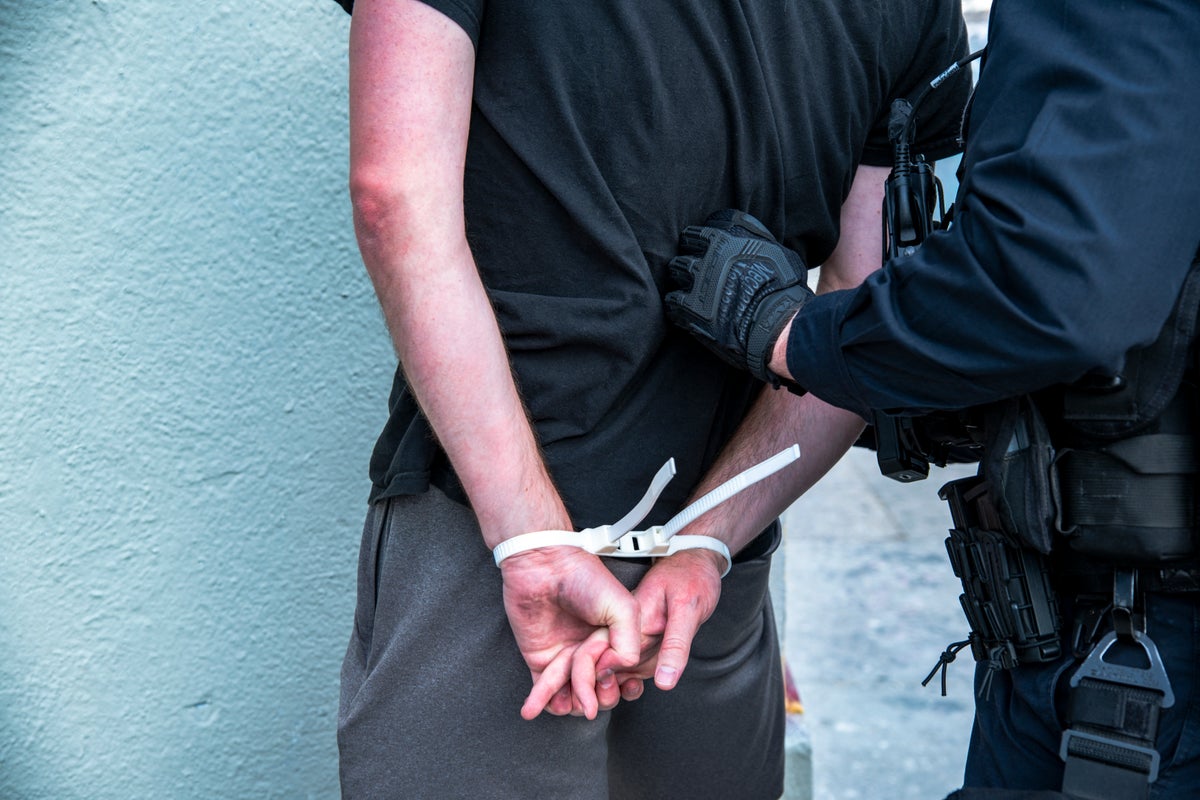The Trump administration suffered another blow to its mass deportation agenda on Friday after an appeals court upheld a lower court’s ruling that prevents Immigration and Customs Enforcement agents from detaining a person based on their appearance, native language, or job.
A three-judge panel on the Ninth Circuit Court of Appeals in Los Angeles said the plaintiffs, a cohort of five individuals and three immigration advocacy organizations, were likely to succeed on their claim that ICE agents violated the Fourth Amendment by relying on four factors to form reasonable suspicion to support detention stops.
Those four factors include apparent race or ethnicity, speaking Spanish or English with an accent, presence at a particular location such as a laborer pick-up site, and the type of work a person does.
Three plaintiffs who are day laborers said in their original lawsuit against Trump administration officials that they were waiting to be picked up to go to a construction site job when ICE agents swooped in and intimidated them.
The plaintiffs said the immigration law enforcement officers never identified themselves, stated they had arrest warrants, nor informed the plaintiffs of the bases for the arrests.
The Ninth Circuit panel upheld a previous temporary injunction set by District Court Judge Maame Ewusi-Mensah Frimpong in June.
In keeping with Trump’s mass deportation agenda, immigration law enforcement officers were deployed throughout Southern California to begin conducting sweeping raids.
Many of those raids, according to the lawsuit, were conducted at “certain types of businesses” such as car washes, because immigration law enforcement officials determined those businesses were more likely to hire people without legal documentation.
Plaintiffs in the lawsuit referred to those as “roving patrols” and said they were being detained without reasonable suspicion.
The Fourth Amendment protects people from unreasonable search and seizures.
The raids, which led to protests in downtown Los Angeles back in May, have been challenged by multiple individuals and immigration advocacy groups.
One plaintiff, Jason Brian Gavidia, said ICE agents stopped him in June after he stepped onto the sidewalk outside of a tow yard in Montebello, California. Gavidia, who is an American citizen, identifies as Latino and said ICE agents pushed him up against a chain-link fence and interrogated him. Even after Gavidia gave ICE agents his Real ID, they seemingly did not believe him.
In her earlier ruling, Frimpong said Gavidia and other plaintiffs were likely to succeed “in proving that the federal government is indeed conducting roving patrols without reasonable suspicion and denying access to lawyers.”
Frimpong ordered immigration law enforcement not to rely solely on the four factors “except as permitted by law.”
While the appeals court panel upheld much of Frimpong’s ruling, they did strike the “except as permitted by law,” saying that language was too vague.

